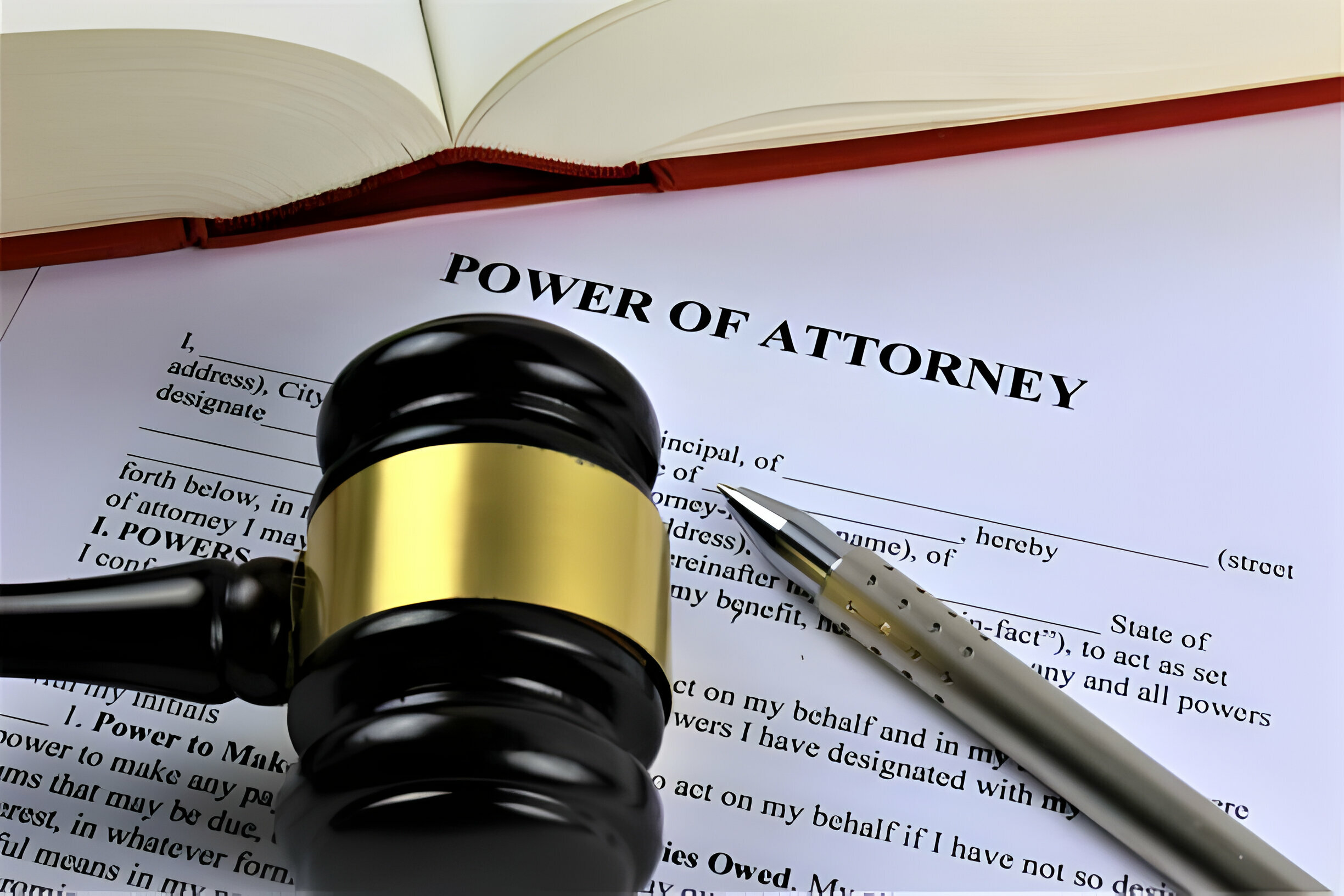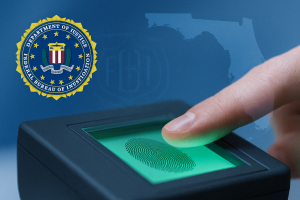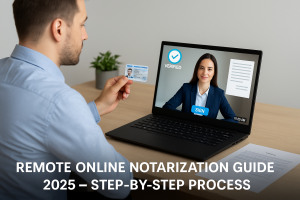Have you ever found yourself in a situation where you need to delegate legal authority to someone else to act on your behalf? This is where a power of attorney comes in. A power of attorney is a legal document that allows you (the principal) to appoint someone else (the agent or attorney-in-fact) to make decisions or take actions on your behalf. It can be a crucial tool in managing your affairs, especially if you are unable to do so yourself due to illness, travel, or other circumstances.
But what happens if you need to use your power of attorney in another country? This is where the Apostille Power of Attorney comes in. In this comprehensive guide, we will delve into what a power of attorney is, what the Apostille Power of Attorney entails, and provide you with a step-by-step guide on how to get your power of attorney apostille.
What is a Power of Attorney?
Before we dive into apostilling a power of attorney, let’s define a power of attorney. As mentioned earlier, a power of attorney is a legal document that grants someone else the authority to act on your behalf in legal or financial matters. It can be used for a wide range of purposes, including managing finances, making healthcare decisions, or handling real estate transactions.
Powers of attorney can serve a number of purposes, including:
- General Power of Attorney: Grants broad authority to the agent to act on your behalf in a variety of matters. This can include managing finances, signing contracts, or making business decisions.
- Limited Power of Attorney: Limits the agent’s authority to specific actions or transactions. For example, you may grant someone limited power of attorney to sell a piece of property on your behalf.
- Durable Power of Attorney: It remains effective even if you are incapacitated. This is especially important for healthcare decisions or managing finances in the event of incapacitation.
- Healthcare Power of Attorney: Healthcare power of attorney Specifically authorizes the agent to make healthcare decisions on your behalf if you are unable to do so. This can include decisions about medical treatment, end-of-life care, and other healthcare-related matters.
Now that we have a basic understanding of what a power of attorney is. Now let’s move on to the concept of Apostille Power of Attorney.
What is the Apostille Power of Attorney?
The Apostille Power of Attorney is essentially a certification that verifies the authenticity of a power of attorney document for use in a foreign country. It is governed by the Hague Convention of 1961, which established a simplified method of legalizing documents for international use.
Apostilles are certificates issued by authorities in countries where documents were issued. It confirms the authenticity of the signature, seal, or stamp on the document. Essentially, it serves as a form of international notarization, making the document legally valid in countries that are party to the Hague Convention.
Step-by-Step Guide: How to Get Power of Attorney Apostille
Now that we understand the importance of apostilling a power of attorney for international use, let’s walk through the process step-by-step:
Prepare Your Power of Attorney
Make sure your power of attorney document is properly drafted and executed according to the laws of your jurisdiction. It should identify you as the principal, specify the powers granted to the Certified Apostille Agent, and include any necessary signatures or seals. If you’re unsure about the requirements, it’s advisable to consult with a legal professional.
Identify the Competent Authority
Find out which authority in your country is responsible for issuing apostille certificates. This is typically the Department of State or a similar federal agency. In Florida, you may also seek out a service that specializes in apostille Florida service. You can usually find this information on the official website of your government or by contacting the relevant department directly.
Submit Your Document for Apostille
Once you’ve identified the competent authority, submit your power of attorney document along with any required fees and supporting documentation. Be sure to follow any specific instructions provided by the authority, such as formatting requirements or additional forms that need to be filled out.
Wait for Processing
The processing time for Apostilles can vary depending on the jurisdiction and workload of the competent authority. Be patient and allow sufficient time for your document to be processed. If you’re on a tight timeline, you may be able to expedite the process for an additional fee.
Receive Your Apostille Power of Attorney
Once the Apostille has been issued, you will receive your apostille power of attorney document. This document is now legally valid for use in any country that is party to the Hague Convention. It’s a good idea to make copies of the apostilled documents and keep them in a safe place, as you may need to provide them to various parties in the future.
Common Mistakes to Avoid When Apostilling Power of Attorney
While the process of apostilling a power of attorney may seem straightforward, there are some common mistakes that you should avoid:
Failure to Properly Execute the Document
Ensure that your power of attorney document is properly executed according to the laws of your jurisdiction. Any discrepancies or errors in execution could delay the apostille process or even invalidate the document altogether.
Missing Supporting Documentation
Be sure to include any required supporting documentation when submitting your power of attorney for apostille. This may include identification documents, proof of notarization, or any other relevant paperwork. Failing to provide all necessary documents could result in delays or rejection of your application.
Not Allowing Sufficient Processing Time
Apostille processing times can vary, so be sure to allow sufficient time for your document to be processed before it is needed for use. It’s always better to plan and submit your application well in advance of any deadlines or travel dates.
Choosing the Wrong Competent Authority
Make sure you submit your power of attorney to the appropriate competent authority for apostille. Each country may have its own designated authority for issuing Apostilles, so be sure to research this information carefully. Choosing the wrong authority could result in delays or rejection of your application.
Final Thoughts
Obtaining an apostille for your power of attorney is crucial for using it in another country. By following the step-by-step guide and avoiding common mistakes, you can ensure it is legally valid for international use. Seek guidance from a Notary & Apostille Agency in Florida or a legal professional if unsure. With proper preparation and attention to detail, you can navigate the apostille process with confidence and ensure that your power of attorney is recognized and respected wherever you travel.














